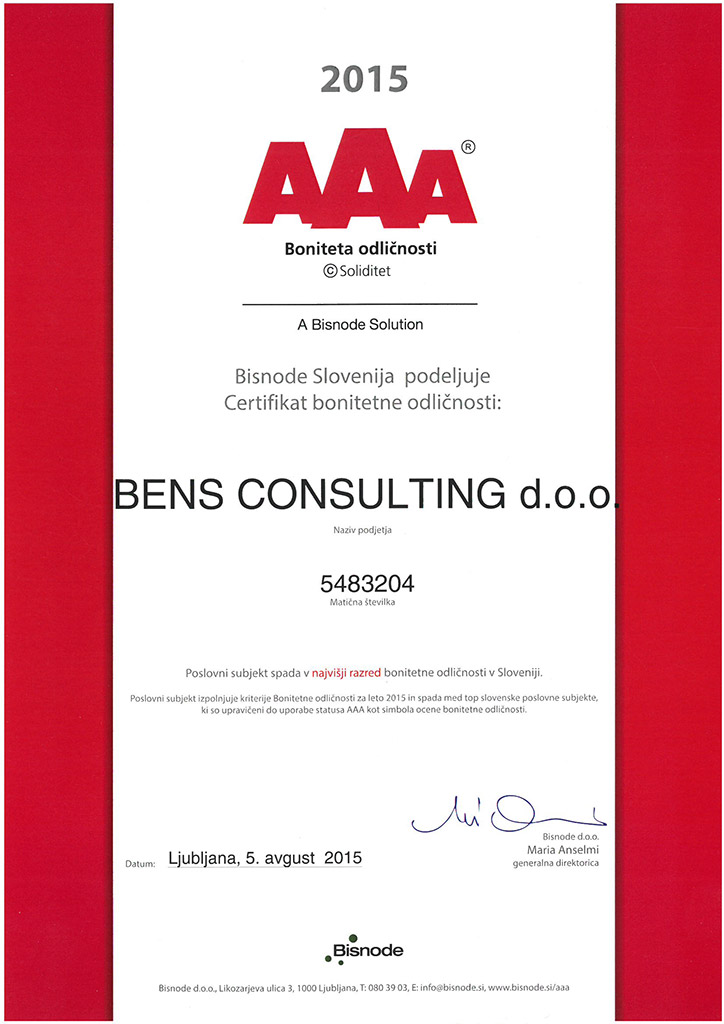Two weeks ago, we published the first article in the series of articles regarding new developments in chemical legislation; i.e. related to the UFI code.
I soon received many responses in connection to this subject to my e-mail address. As the questions seem quite relevant, I would like to share them with you.
The first question was: "Do importers (let's say, if you import a mixture from Germany to Slovenia) have to indicate the UFI code on the Slovenian label? If this is necessary, is this the same UFI code acquired by the German manufacturer – if the same mixture is involved?"
This is my answer:
Let me inform you that the acquisition of chemicals from Germany to Slovenia is not considered as "import" but as "entry". The term "import" is used in the chemical legislation, if chemicals are obtained from third countries (non-EU countries).
Now, let's take a look at your case.
A company that would like to enter a chemical from Germany to Slovenia and sell it here is not obliged to acquire the UFI number. The UFI number must be determined by the mixture manufacturer who first launches the mixture on the EU market (the German company in your case).
The manufacturer must execute the notification procedure, i.e. send the notification to the common European poison centres database (PCN or Poison Centres Notification) for countries where the product is marketed.
The distributor (the company that only stores and trades the mixture) alone has no obligations. To avoid any problems, we suggest that the obligation of the formulator or manufacturer to implement the PCN procedure for countries where the distributor sells the mixture is emphasised up the supply chain.
If the formulator (the German manufacturer in your case) does not want to execute the PCN procedure for any reason, the distributor can execute this procedure. Here, the distributor must use the UFI code determined for the product by the formulator.
The next question was: "What if the importer is also the distributor – are they also obliged to implement this process?"
The answer is yes. The importer (importing from third countries) who is also the distributor on a certain EU Member State market must also determine the UFI code and execute the PCN procedure.
Now, let's take a look at the third question. "What does the trade name translation mean? Should trade names even be translated?"
Trade names can be translated. However, in accordance with the Chemicals Act, this is considered as manufacture (as if a new chemical is involved). And the new name (e.g. Slovene) must be indicated in the PCN procedure. It can have the same UFI number as the product with the original name.
As you can see, every new requirement opens many questions. If you have any, please share them with me.
I also ask you to share this article with those you think will find this kind of information useful.






 Back to posts
Back to posts

